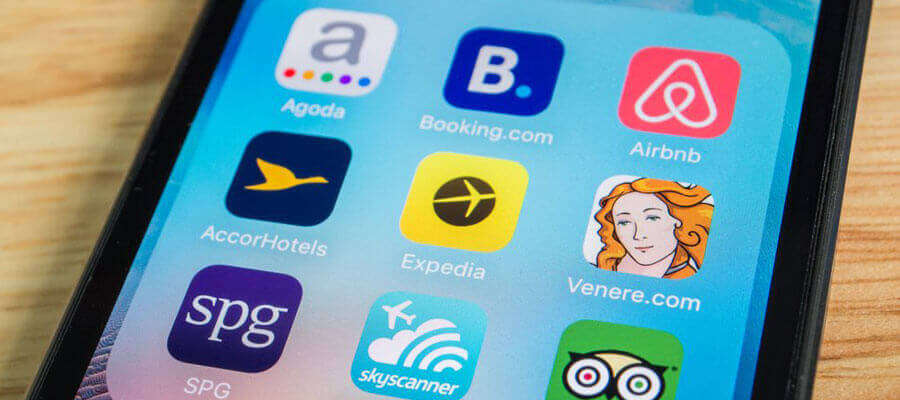
In a perfect world, hotels would openly compete against each other on an open market, and companies such as TripAdvisor and online travel agencies would supplement bookings when times are tough. Any hotel operator out there knows this simply isn’t the case today, with OTAs, TripAdvisor and Google having a grip on guest bookings in a way that hoteliers can’t compete with on their own. For this reason, hotel companies have come out with a series of direct-booking initiatives designed to drive travelers to their doorstep without the assistance of OTAs and other search providers, but in some cases, it has been an uphill battle.
The second Direct Booking Summit, which is being held this week at the Westin Times Square in New York, is an event tailored toward driving direct bookings. During a panel at the event, James Gancos, CEO of The Guestbook, a guest financial rewards network for independent and boutique hotels, said it was important for all of the major brands to come out in support of direct bookings all at once. This is because hotels fight an uphill battle against the sprawling marketing budgets employed by the likes of Expedia. And so, when one brand began its push to convince guests to book direct, one by one its peers stepped up to join in.
“The only way the message behind direct bookings can get across is to have a lot of resources and have a lot of people in the industry talking about it,” Gancos said. “That’s why unity was, and is, the key.”
During a discussion titled “Regaining Control Over Customer Relations,” Del Ross, senior advisor at management consulting for McKinsey & Company, said it isn’t enough to talk about direct bookings and invest in marketing to educate guests. Instead, hotels need to employ the same strategies that have generated so much success for OTAs, starting with email marketing.
According to Ross, if a 150-room hotel charging an average rate of $150 a night can shift 5 percent of its bookings from OTA channels to direct channels, that property will generate $118,000 in pure profit. In addition, the shift will create an additional $1.3 million in asset value for a property and increase revenue per available room by 2.9 percent without acquiring a single new guest. It seems like a large number to strive for, but hotels are already paying hefty sums just to pick up new guests, so why not spare a little more attention to direct bookings?
“Hotels are paying high costs for acquiring new guests, and then paying high costs for re-admissions to earn them back,” Ross said. “This is not going to change unless owners make it happen.”
In that vein, here are five ways Ross said hotels can improve their direct bookings, all by following the footsteps of OTAs:




